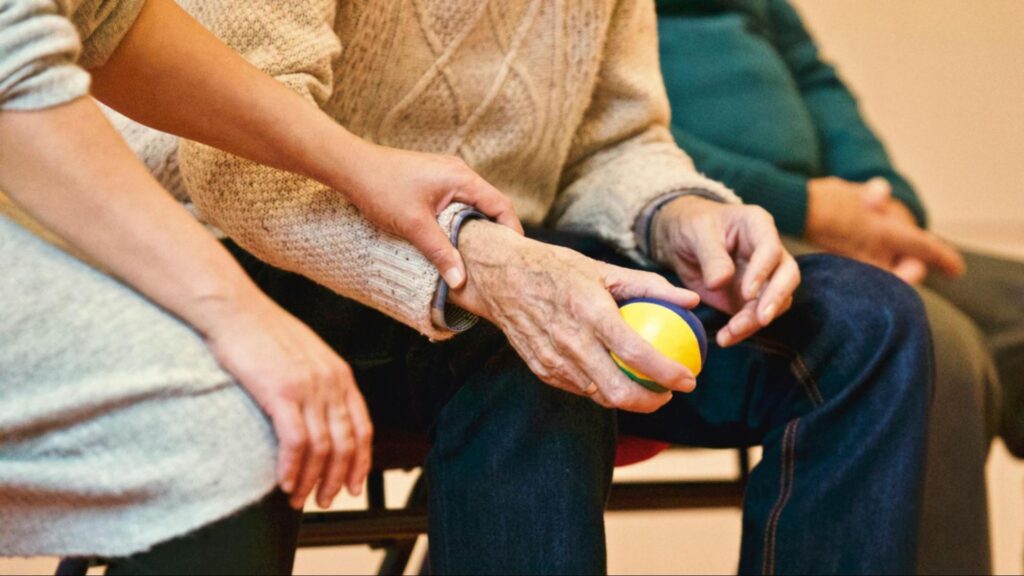We all want the best for our loved ones. We go beyond our capabilities to provide the best for them and care for them in times of difficulty. However, oftentimes, illness befalls them, or aging can make their independent living complex, and that is when family caregivers step up to provide care at home. It can be an elderly parent, a spouse recovering from surgery, or a family member with chronic illness.
This act of caring is undoubtedly gratifying but demands a lot of patience and presents a unique set of challenges. Let’s explore these challenges and ways to navigate them further to deliver the best service for your loved ones at home.
Understanding the Role of a Family Caregiver
Family caregivers take on many roles, providing emotional support, managing medications, helping with daily activities, and even performing some medical tasks. Understanding a caregiver’s role can prepare them mentally and emotionally for the road ahead. Listed below are some key responsibilities of family caregivers:
- Assisting with personal hygiene and grooming
- Preparing meals and ensuring proper nutrition
- Managing medications and medical appointments
- Helping with mobility and physical therapy exercises
- Providing emotional and social support
- Handling household chores and financial management
How to Prepare for Caregiving
Caregiving often begins gradually. Initially, family members pitch in small favors and transportation tasks to help with. As the senior’s needs increase, a family member becomes the primary caregiver. The case might be totally different and not gradual for sudden diseases or surgeries. Since only a few families are fully prepared for caregiving, learning about all affiliated duties and resources is essential for the best service.
-
Get Educated
You should begin by educating yourself about your loved one’s medical condition and care needs. Explore all symptoms (frequent and rare), possible treatment options, the one they’re currently observed under, and potential complications associated with their condition. The National Institute on Aging (NIA) provides valuable resources on caregiving, aging-related health issues, and support for family caregivers.

Consult with healthcare professionals to understand your loved one’s health issues, treatment options, and necessary lifestyle adjustments.
-
Create a Care Plan
Creating a care plan is a critical step for any caregiver. The plan should include all essential information (personal, medical condition, physician, daily care needs, location of important legal and financial documents, and emergency preparedness). Identify the tasks that need to be performed daily, weekly, and monthly, such as administering medication, helping with personal hygiene, preparing meals, and managing appointments.
It’s also essential to identify potential fall hazards, such as slippery floors, loose rugs, and inadequate lighting. You must also detect risk factors for a home fire, such as faulty wiring, unattended cooking, and smoking in bed, and implement safety measures, such as grab bars, non-slip surfaces, and proper lighting, to prevent falls and accidents.
Tips for Family Caregivers
Many caregivers strive to provide full-time care and achieve the best recovery results. Some tips might help them facilitate and prioritize their duties and provide the best support to the patient.
-
Communicate Effectively
Communicating is at the heart of the care you provide for your loved ones. Discuss care needs and preferences with your family members. Listen to their worries and include them in the decision-making process wherever possible.
It is equally necessary to communicate with doctors and healthcare providers to keep everyone informed as to what is going on with the patient’s care. Good communication (keeping all people involved informed and up-to-date) will clarify any misunderstanding and keep everyone focused on the right goal.
-
Maintain Health and Hygiene
Assisting a loved one with daily personal care tasks will include bathing, grooming, and dressing while not forgetting to encourage their independence as much as possible. Respect their dignity and preferences during these activities to make them feel comfortable and respected.

Routine hygiene care will help prevent infection and generally keep the individual healthy.
-
Medication Management
Ensure that the medications provided are correct and timely. Recheck to avoid common mistakes. Sometimes, giving the wrong dosage or mixing medication can have serious negative consequences. In times of confusion or uncertainty, reach out to medical professionals immediately without hesitation. Professional assistance often becomes necessary, and home care services can provide additional support.
If you reside in California, you can ensure your loved one receives the best possible care while distributing the burden on a particular caregiver by contacting institutions that provide senior home care services in Danville, CA. You may also explore technology solutions such as medication reminder apps and automated pill dispensers to help manage medications effectively.
Endnote
Caring for a loved one at home is a challenging but rewarding experience. By understanding and preparing to become a family caregiver, you can provide the best possible care for your loved one, all while maintaining your well-being.
